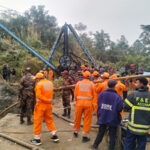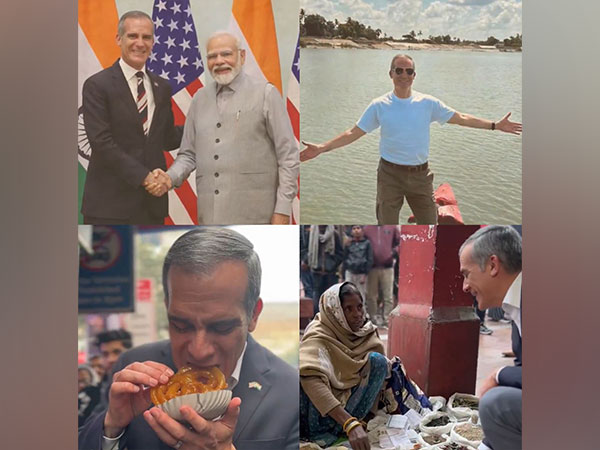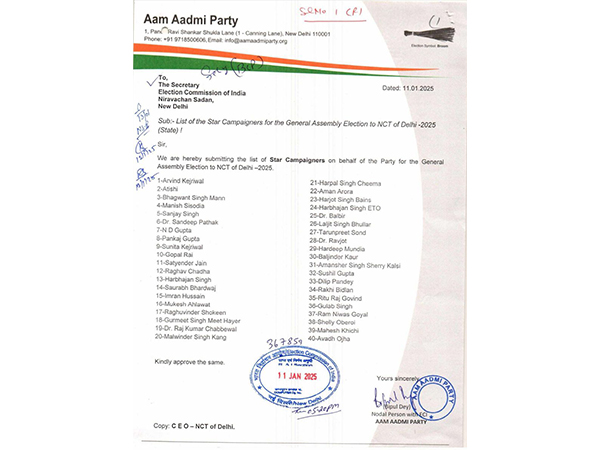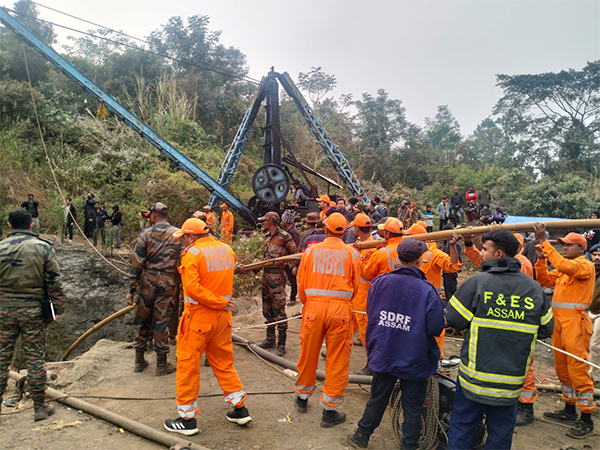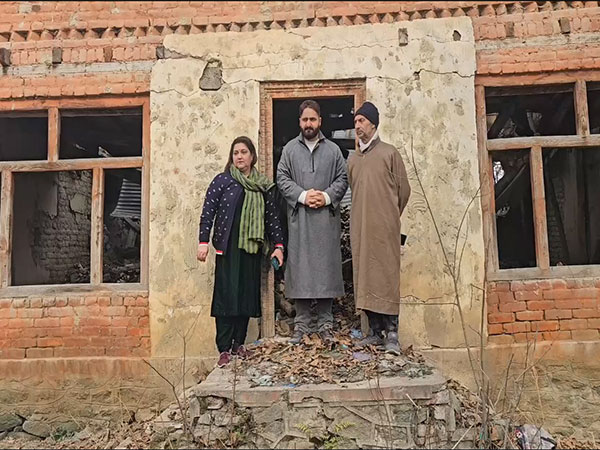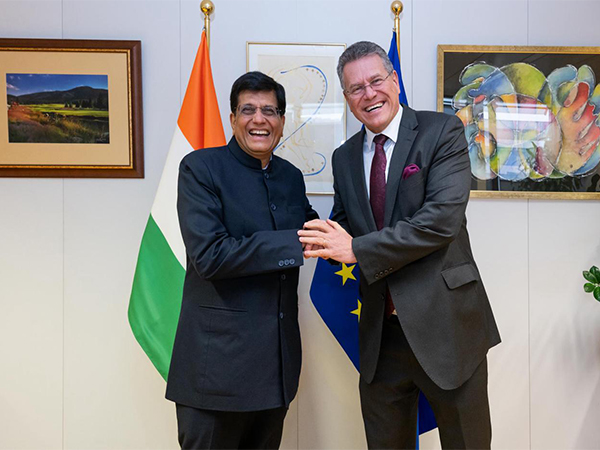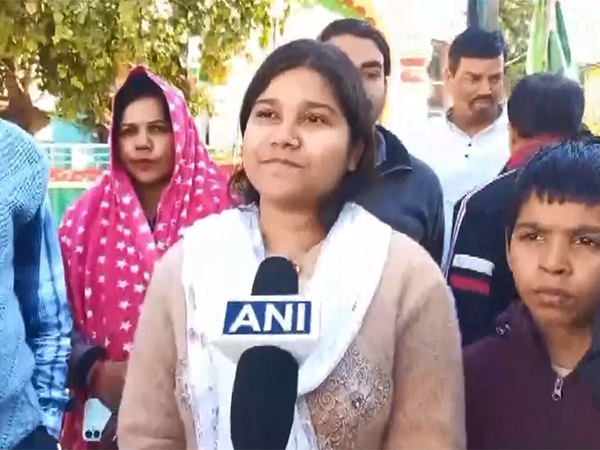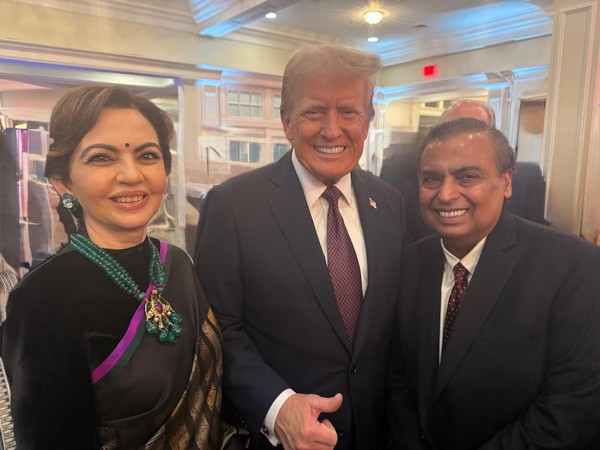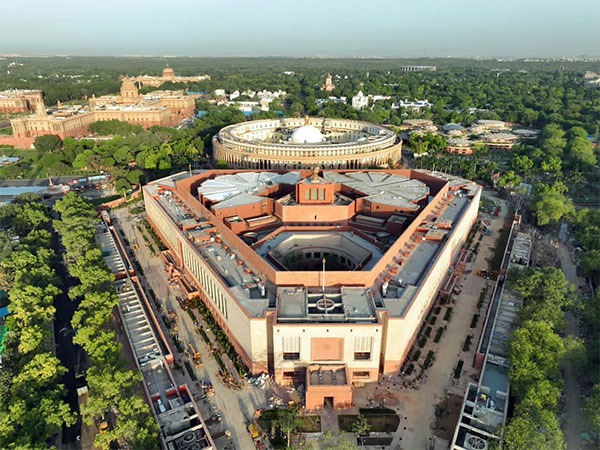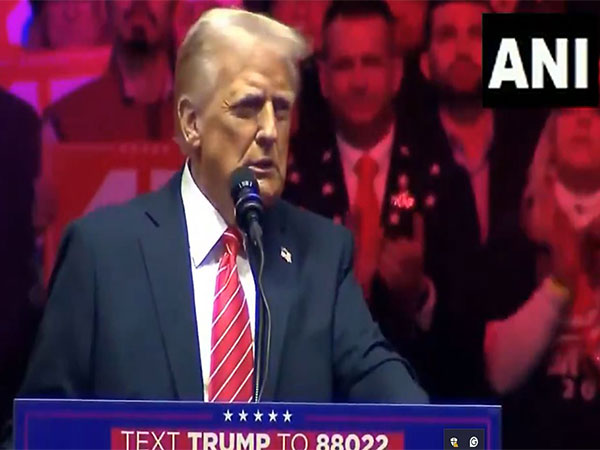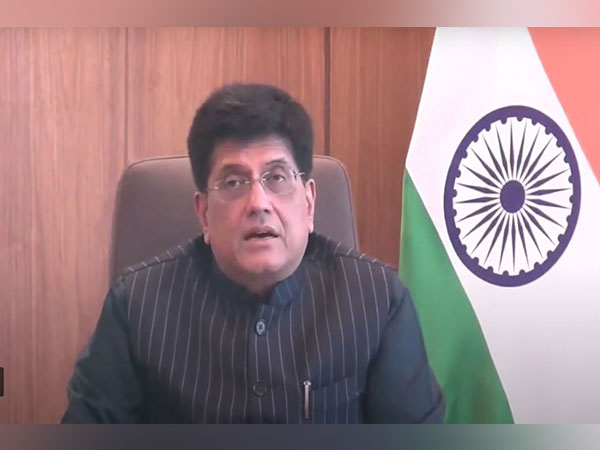
New Delhi [India], January 28 (ANI): Union Minister for Commerce and Industry Piyush Goyal on Saturday expressed confidence that innovation would be the strongest pillar that would help build a developed India in the Amritkaal. He said that innovation had been a catalytic force for the economy and social and public good. “Innovation in today’s world goes beyond achieving mere economic objectives as it also considers societal inclusion and environment sustainability,” he said.
Minister Piyush Goyal called for the creation of an international network of mentors, investors and entrepreneurs to strengthen the global startup ecosystem.
He said that this network must support and inspire startups, act as a team to facilitate the exchange of ideas, best practices and funding mechanisms and promote collaborations in research and development. He was addressing the inaugural session of the Inception Meeting of the Startup20 Engagement Group of G20 in Hyderabad on Saturday.
The Minister in a statement from the ministry of commerce and industry said that it is not just the role of individual nations to support innovation and added that it would have to be the collective responsibility of world nations to nurture a global effort to incubate startup ecosystems in all parts of the world, thus creating a global startup ecosystem that is inclusive, supportive and sustainable to address global challenges.
Goyal said that India was proud to highlight the progress and potential of the global startup ecosystem as the host nation of G20. He noted that the Startup20 Group had been established under India’s G20 Presidency for the first time, as part of India’s special focus on innovation.
The Minister observed that India had begun its startup journey with the foundation stone laid by Prime Minister Narendra Modi in 2016 with the launch of the Startup India Initiative. He said that in the last seven years, it had helped in fostering entrepreneurship and promoting newer and newer ideas, helping startups grow and flourish by creating an ecosystem that is conducive for growth. He added that the capabilities of our startups in different areas — be it energy, be it financial inclusion, where fintech played an important role, be it our fight against pandemic when remote healthcare and food delivery became very important, be in online learning which is today becoming very natural, be it our work in agri-tech, helped us face a number of challenges.
Goyal noted that the world is facing a multitude of global challenges, from climate change to poverty and inequality. He expressed his firm belief that innovation can lead the way in solving these problems. The Minister said that in the Indian startup context, our entrepreneurs are using their creativity and ingenuity to tackle these challenges head-on. He cited the examples of digital public goods like Cowin, UPI and ONDC as means to tackle problems and ensure inclusive growth in India by redefining social innovation.
The Minister said that growing participation from Tier 2 and 3 markets, that are swiftly embracing latest technology, has pushed envelope for local startups in India with new ideas to succeed. He said that through G20, India was trying to transfer expertise, so IndiaStack will be GlobalStack and transform the way people use technology, helping take technology to the common man.
He added that developing nations must transform themselves from being destinations for low-cost, outsourced software and support services, to becoming global Tech and Innovation hubs. He also highlighted that India had climbed to 40th rank in the Global Innovation Index (GII) of WIPO taking a huge leap of 41 places in seven years.
Goyal noted that India has been nurturing the innovation spirit right from the school level onwards through Atal Innovation Mission. He said that India also has an active programme for supporting startups with many nations around the world. “Some of the prime examples are the Indo-US, Indo-UK, Indo-Australia partnerships where we explore supporting deep tech startups, that contribute to circular economy, and address basic needs like health, water, agriculture, education, financial inclusion etc,” he added. (ANI)


